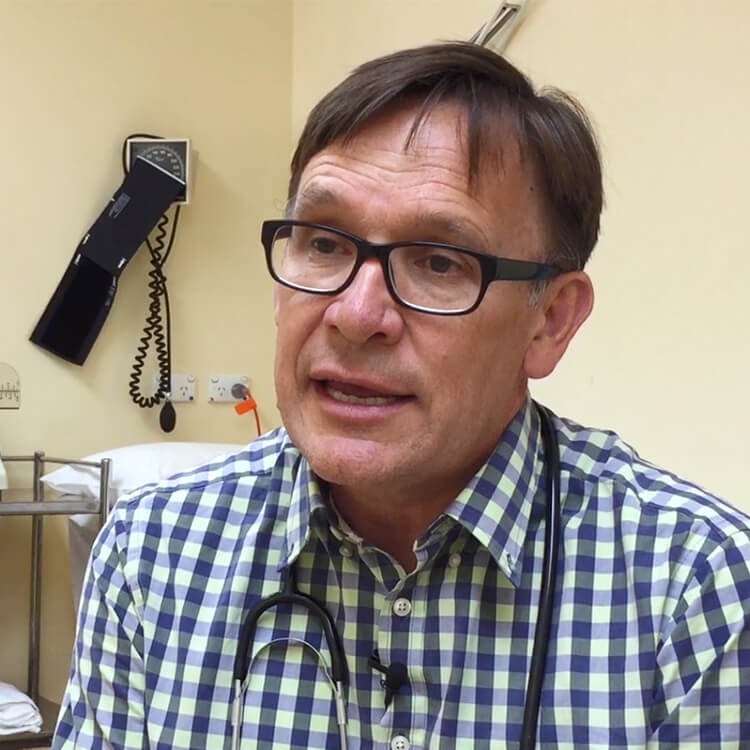Search
Research
Rett syndrome in Australia: a review of the epidemiologyTo examine the prevalence, cumulative incidence, and survival in an Australian cohort with Rett syndrome (RTT).

News & Events
Australian parents oblivious to true danger of the fluNew research investigating the devastating impact of the 2017 flu season by PAEDS-FluCAN, a national collaboration observing influenza in children, confirmed it was time to take action after thousands of children were hospitalised with the virus last year.

News & Events
New meningococcal strains bring increased risk in WAA new study has confirmed the changing pattern of meningococcal disease in Western Australia.
Research
Subgroups of Temperament Associated with Social-Emotional Difficulties in Infants with Early Signs of AutismLinks between temperament and social-emotional difficulties are well-established in normative child development but remain poorly characterized in autism. We sought to characterize distinct temperament subgroups and their associations with concurrent internalizing and externalizing symptoms in a sample of 103 infants showing early signs of autism.
Research
Prenatal tobacco use and the risk of mood disorders in offspring: a systematic review and meta-analysisIt is plausible that offspring born to mothers using tobacco during pregnancy may have increased risk of mood disorders (depression and bipolar disorders); however, mixed results have been reported.
Research
Quality of benzathine penicillin G: A multinational cross-sectional studyBenzathine penicillin G (BPG) is used as first-line treatment for most forms of syphilis and as secondary prophylaxis against rheumatic heart disease (RHD). Perceptions that poor quality of BPG is linked to reported adverse effects and therapeutic failure may impact syphilis and RHD control programs. Clinical networks and web-based advertising were used to obtain vials of BPG from a wide range of countries.
Research
Type 2 diabetes in children and adolescents across Australia and New Zealand: A 6‐year audit from The Australasian Diabetes Data Network (ADDN)To assess the clinical and demographic characteristics of children and adolescents across Australia and New Zealand (NZ) with type 2 diabetes.
Research
Inequalities in child development at school entry: A repeated cross-sectional analysis of the Australian Early Development Census 2009-2018Australia is the only developed country to consistently undertake a developmental census of its children nationwide. The repeated collection of the Australian Early Development Census (AEDC) has provided an unprecedented opportunity to examine the prevalence of developmental vulnerability across Australia's states and territories, the socio-economic distribution of developmental vulnerability across jurisdictions, and how these distributions might have changed over time.
Research
Risk factors associated with suicide clusters in Australian youth: Identifying who is at risk and the mechanisms associated with cluster membershipIt is unclear who is at risk of being involved in a suicide cluster and whether suicide clusters are influenced by the social transmission of suicidal behaviour, assortative relating, or a combination of both. Suicide clusters involving two or more young people were identified from the free text of electronic police and coroners reports in Australia's National Coronial Information System in a nationwide cross-sectional study.
Research
Associations between interpregnancy interval and preterm birth by previous preterm birth status in four high-income countries: a cohort studyTo investigate the effect of interpregnancy interval (IPI) on preterm birth (PTB) according to whether the previous birth was preterm or term.
